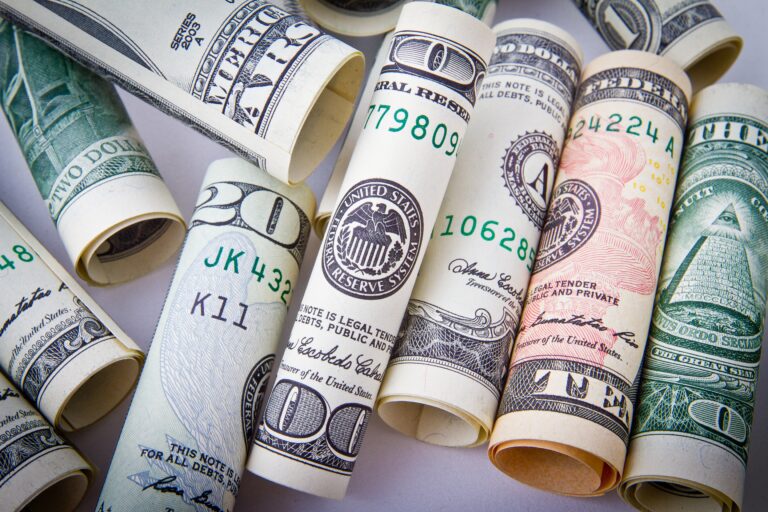
Morning Brief – What happens if the US defaults?
What happens if the US defaults?
Whilst much of the financial world is focussed upon the potential for US default, it is hard to analyse the outcome of such an unprecedented event. The answer is that until it happens, we simply don’t know exactly what the outcome would be. However, there are many likely knee-jerk and some longer-term market and economic consequences that seem highly likely should such an event occur. During the period in which concerns have been rising regarding the potential inability to resolve the debt ceiling, we have experienced an environment of relative Dollar strength. That might seem counter intuitive that markets flock towards the currency of the very country whose fiscal security is in question. However, due to the dollarisation of the financial world and the role of US cash as a safehaven, it is likely that the event of a default would continue to see the Dollar appreciate.
Within the wider FX market, we would likely see volatility rise and spreads widen across all products. We would also expect the divergence between the valuations of those currencies considered as safe havens and those typically ascribed a higher risk profile to grow. Outside of FX, equities would be worst hit with bond prices also suffering. It is likely that some exceptions to prove the rule emerge with a select few non-US governmental bonds taking the proxy for the risk-free return. US default would result in such a huge shock to the financial world that it is likely that even in a high inflation environment monetary and economic stimulus would be ushered in across the world.
The sudden adjustment to reintroduce monetary and economic stimulus would in turn create its own challenges for the market. A widespread sell down to meet margin calls in the worst affected assets would lead to further volatility. Whilst it is worth appreciating the rather gruesome picture that we might experience should the US default on its debt, it is also of note that the likelihood of realising such an outcome appears extremely small. Comments from the President yesterday, echoed by the Speaker of the House of Representatives Kevin McCarthy, have reassured markets that a default is not expected. A slightly weaker US Dollar and stronger equity prices following the announcement confirm the market is removing at least part of its brace for a potential US default with confidence growing that the US government will resolve the debt ceiling impasse.
Discussion and Analysis by Charles Porter

Related Insights

Daily Brief – POTUS in Kingdom of Saudi Arabia
POTUS in Kingdom of Saudi Arabia As one of POTUS’ travelling companions on this week’s visit, Larry Fink of Blackrock represents everything that a US President might want to burnish his credentials in the desert kingdom: head of the largest asset manager on the planet, hugely influential and totally credible. Just a shame that he […]

Daily Brief – UK Borrowing
UK Borrowing Another one for the pub quiz in case it comes up: UK government borrowing stands at £2.8 trillion or £2800 billion. While you digest that number over the chicken in the basket if indeed you are already in the pub, it will have increased by the time you get to the end of this […]

Daily Brief – The Art of the Deal
The Art of the Deal Today the UK Prime Minister will be announcing the fruits of his weekend labours after meeting the EU not as an accredited delegate but in a side session on the fringes of the EU Summit in Albania. What was on the table? Youth mobility, which is pol speak for 24-30 […]



 Humphrey Percy
Humphrey Percy